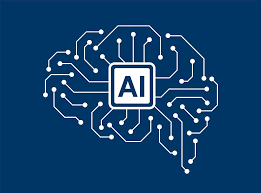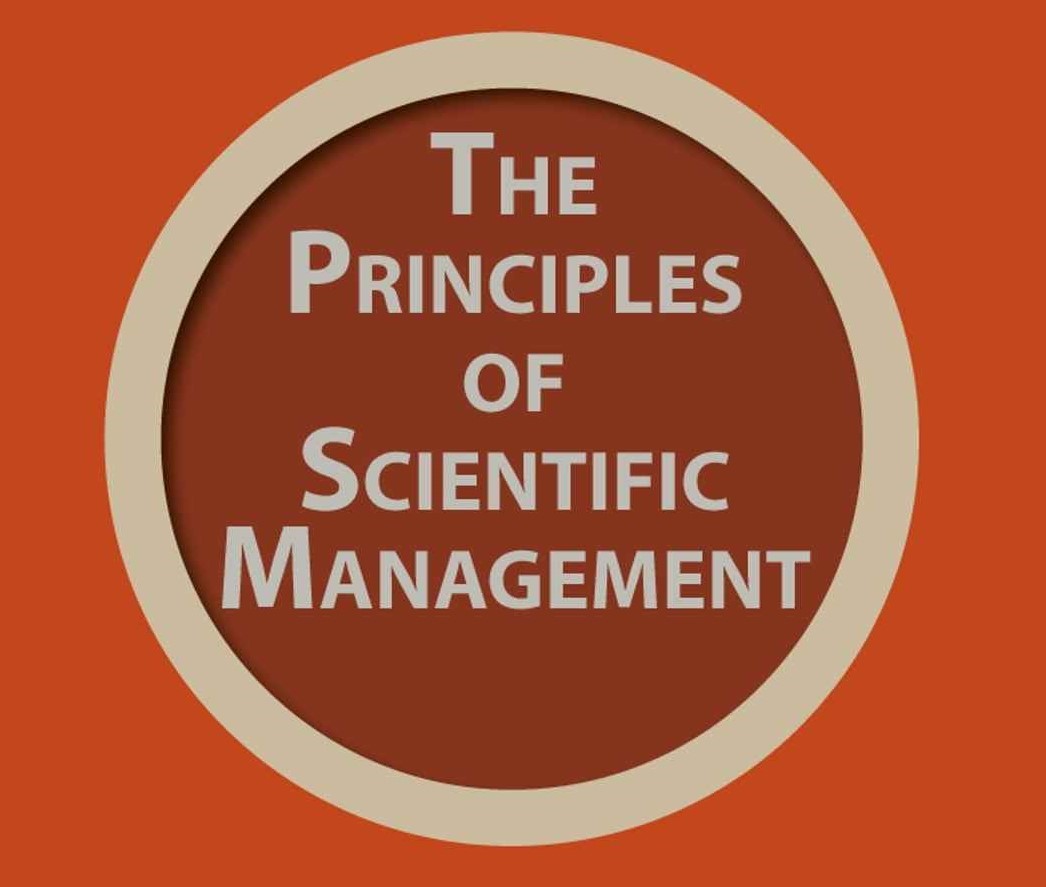10 Eylül 2016 6160 0 TRANSFORMATION MANAGEMENT METHODOLOGY Hakan Aksungar
When information is considered as a concept; "The ability to form or construct any theme, the ability to have the necessary material about its form".
The information word generally described as "what is known on a subject" takes its place on the philosophical level as "each of the essential minds that are comprehended mentally or that must be known to make a judgment". Knowledge is the only thing produced by the human brain. In addition, an important feature of information is that it is a product that does not become extinct as it is used, but reproduces in the contrary, produces new information by taking new, proliferating forms. For this reason, information has always existed since the beginning of humanity and played the most important role in the development of societies. Information is not available in nature, there are objects and events in nature, but there is no information. It is the person himself who creates and produces the information, with his work on the nature and with his intellectual contribution to this work.
The formation of knowledge takes place in four consecutive phases;
Perception / Awareness, the creation of "design", an image of the sensual organs affected by nature, the image of the objective reality of nature in human consciousness.
Analyzing, starting to work on the mind; The resulting new design, compared to other conscious designs.
Designing, consolidating and comparing all sorts of designs.
Solutions, The analysis is divided into the elements of all the informational designs and the links between them.
The formation of knowledge and the resulting process of having opinion; Starts with sensations, is produced with thought, takes place in practice. The word "knowledge" in our Turkish language describes three concepts, directly or by analogy: "Data", "Information" and "Knowledge".
- "Data" dictionary meaning: "data" but "raw" data.
- "Information" is in dictionary: "information", but "processed".
- "Knowledge" also in dictionary: "information", but "interpreted" and associated data.
The word "informatics" in our language is evaluated with the term "enformatik".
Information is the science of knowledge.
It examines how information can be stored, accessed and processed in the most efficient way, taking the place of science as the science that most rapidly advances every year, showing the fastest progress with genetic science in all scientific history.
Knowledge has always been a source of progress since mankind has found writing by combining pictures and language, about 5000 years ago, so that it is possible to transfer and store information. Gutenberg's press technique developed in the 15th Century, or inventions such as radio, television and computer in the 20th century, revolutionized the exchange of information and increased the speed of information exchange. All these differences complement each other and empower them, new environments do not stop using old environments in all cases. In the 21st century, the world becomes a multi-media information society.
Some thinkers accept the existence of other ways of acquiring information besides the five senses. Especially intuition and inspiration are the most common of these.
The intuition of the sources of information mentioned above, the emergence of an existing but implicit reality with a sudden internal move, inspiration can be defined as the creativity born to the person. Knowing something else is important to do. In order to do it, both method knowledge and intuitive reasoning are needed.
According to Bergson, the arbitrary qualification of the soul can only be grasped by intuition, which is a fine angel of the mind. A number of qualities are beyond the intuition, heel is never understood with five senses. Some information can only be reached through intuition, except for mediators such as reasoning, five senses.
Intuition is regarded as an information source provided that the information obtained is checked. The existence of two kinds of information is accepted. These are objective knowledge that can be demonstrated by experiment and observation, It is subjective knowledge acquired with Inspiration and Intuition.
Scientific knowledge, on the other hand, is information that can be tested and converted into an objective, whatever the source. Objective information is acquired through observation and experimentation, while subjective knowledge is acquired through means such as inspiration and intuition. Information is universal and can not be restricted and restricted.
The nature of ignorance has changed, but the things that have to be learned have also increased.










